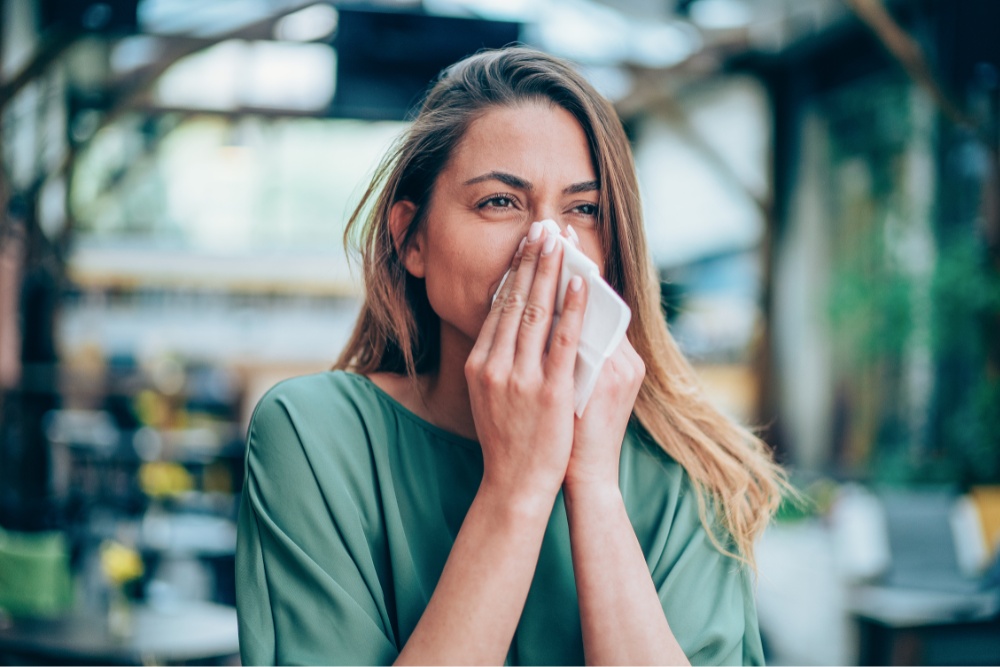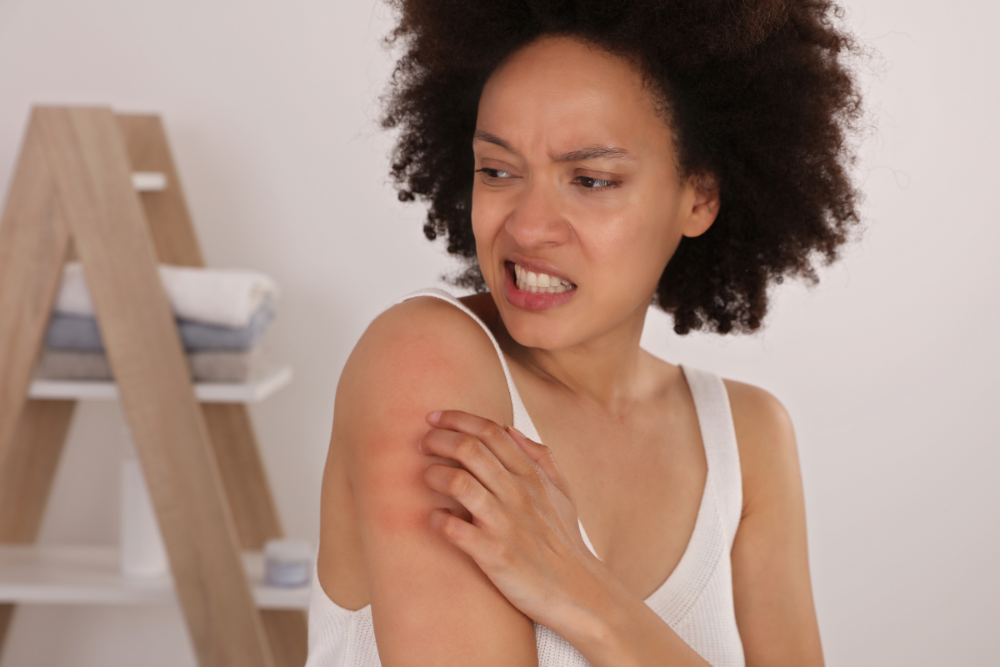Are you struggling with the constant sneezing, runny nose, and itchy eyes that hay fever brings each year? Finding the right remedy can feel daunting, but worry no more! In this comprehensive guide, we delve into hay fever relief, comparing two popular options: hay fever tablets and nasal sprays. Whether you’re a long-time sufferer or new to the challenges of seasonal allergies, understanding the effectiveness, benefits, and potential drawbacks of these treatments is key to managing your symptoms effectively.
Say goodbye to the days of letting hay fever control your life, and hello to finding the best solution for fast and effective relief. Let’s dive into the world of hay fever tablets and nasal sprays and find out which is the champion in combating symptoms of hay fever.
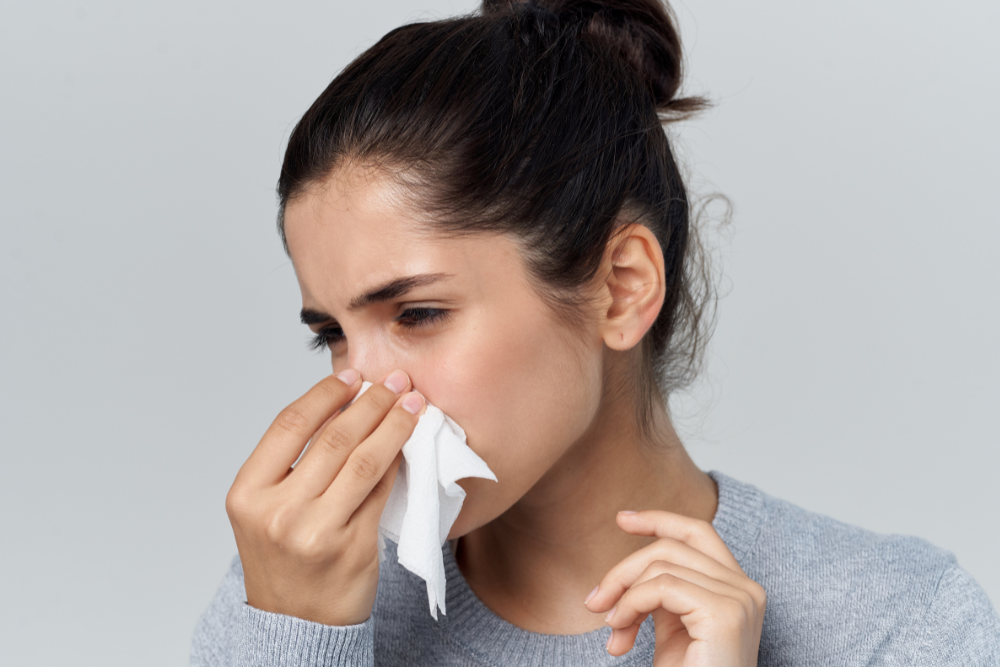
Understanding Hay Fever: Causes and Symptoms
Hay fever, known scientifically as allergic rhinitis, is more than a seasonal nuisance. It’s a common allergic reaction experienced by millions worldwide, often triggered by pollen from grass, trees, and weeds. Understanding the root causes and recognising the symptoms of hay fever are the first steps towards effective management and relief.
What is Hay Fever?
Hay fever is an immune system response to airborne allergens, such as pollen, dust mites, and mould spores. During pollen season, which peaks in the early morning hours and on dry, windy days, the pollen count in the air increases significantly. This triggers an allergic reaction in hay fever sufferers, leading to a range of nasal symptoms and discomfort.
Common Symptoms of Hay Fever
Hay fever symptoms can range from mild to severe, impacting daily activities and quality of life. Key symptoms include:
Nasal Symptoms: A runny nose and nasal congestion are hallmark signs of hay fever. These symptoms occur as the nasal passages become inflamed and irritated.
Eye-related Symptoms: Watery eyes and itchy eyes are common, often accompanied by a burning sensation or redness.
Other Symptoms: Some individuals may experience increased blood pressure, fatigue, and irritability during the hay fever season.
Why Does Hay Fever Occur?
The immune system mistakenly identifies harmless airborne particles like pollen as harmful, triggering an allergic reaction. This response is meant to expel these ‘invaders’ from the body, leading to the typical symptoms of hay fever.
Understanding the specific triggers of your hay fever is essential. For instance, grass pollen is a common irritant for many, while others may react to tree pollen or dust mites. Allergy tests, such as the skin prick test, can help diagnose hay fever and identify specific allergens.
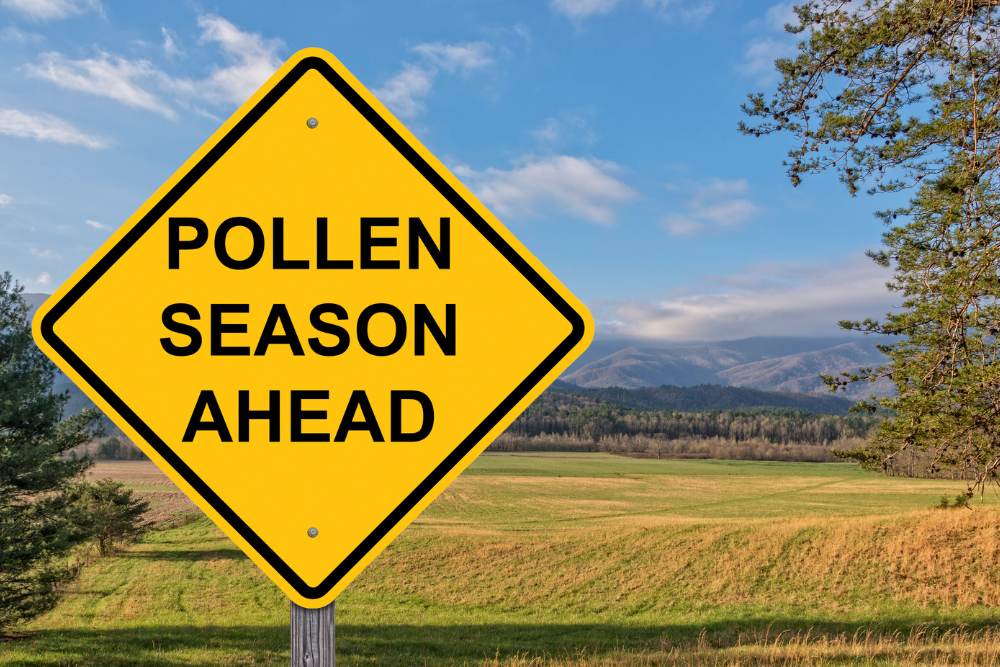
What is the Root Cause of Hay Fever?
The root cause of hay fever, medically termed allergic rhinitis, is an overreaction of the body’s immune system to certain environmental triggers. This section delves deeper into understanding these triggers and the body’s response, which leads to the symptoms commonly associated with hay fever.
Allergens: The Primary Triggers
The most prevalent triggers of hay fever are airborne allergens. These include:
Pollen from Grasses, Trees, and Weeds: During pollen season, the air is laden with these tiny particles, leading to a heightened response in hay fever sufferers.
Dust Mites: Common in household environments, these microscopic creatures can exacerbate hay fever symptoms.
Mould Spores: Found both indoors and outdoors, mould releases spores that can trigger allergic reactions.
Immune System’s Role in Hay Fever
When a person with hay fever encounters these allergens, their immune system mistakenly identifies them as harmful invaders. This triggers the production of antibodies, specifically Immunoglobulin E (IgE), which bind to mast cells in the body. Upon subsequent exposure to the same allergen, these IgE antibodies signal the mast cells to release histamine and other chemicals, leading to symptoms of hay fever.
Genetic Factors
A person’s likelihood of developing hay fever is also influenced by genetics. If one or both parents have any form of allergic disease, including hay fever, asthma, or eczema, their children are more prone to developing allergies.
Environmental Factors
The severity and occurrence of hay fever can vary based on environmental factors. For example, high pollen counts, which are often reported in weather forecasts, can indicate a more challenging time for hay fever sufferers. Likewise, exposure to air pollution, cigarette smoke, and strong odours can aggravate symptoms.
Understanding the root cause of hay fever is vital for effectively managing and treating its symptoms. By identifying the specific allergens that trigger reactions and taking steps to minimise exposure, hay fever sufferers can significantly reduce the severity of their symptoms and improve their quality of life.
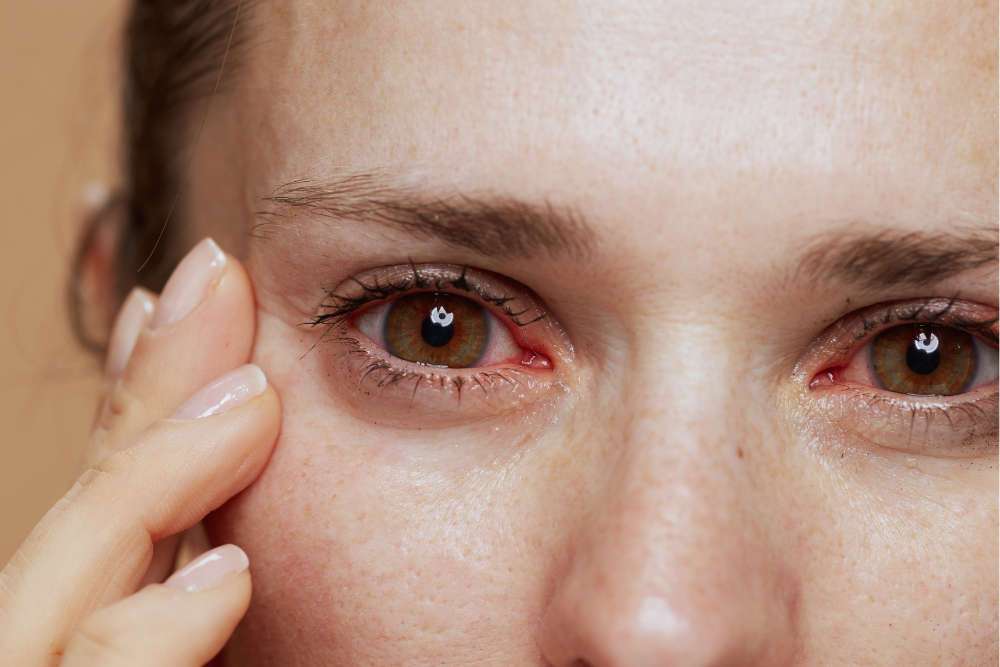
How Do You Know If You Have Hay Fever?
Determining whether you have hay fever, a form of allergic rhinitis, involves recognising its specific symptoms and understanding how they differentiate from those of other common conditions like the cold or flu. Hay fever is often misinterpreted due to its similarity to other nasal and respiratory conditions, but there are key indicators that can help in its diagnosis.
Identifying Hay Fever Symptoms
Hay fever symptoms are largely a response to exposure to allergens such as pollen, dust mites, or mould spores. Key symptoms include:
Runny Nose and Nasal Congestion: Unlike a cold, hay fever often causes a clear nasal discharge.
Itchy, Watery Eyes: This symptom indicates hay fever and is not as common in colds.
Sneezing Fits: Frequent, intense sneezing is a hallmark sign of hay fever, especially when it occurs in bouts.
Itchy Throat or Ear Canals: An itching sensation in these areas can signal hay fever.
Symptom Patterns: Timing and Duration
One of the most telling signs of hay fever is the timing and duration of symptoms:
Seasonal Patterns: Symptoms that align with specific pollen seasons (such as grass pollen in late spring and summer) strongly suggest hay fever.
Consistency and Persistence: Unlike cold symptoms, allergy symptoms last as long as the person is exposed to the allergen and don’t resolve on their own in a week or two.
The Role of Allergy Tests
If you suspect hay fever, an allergy test can provide a definitive diagnosis. Skin prick and blood tests are standard methods to identify specific allergens that trigger your symptoms.
Differentiating from Other Conditions
While symptoms like a runny nose or sneezing are common to both hay fever and colds, hay fever symptoms tend to persist as long as the exposure to allergens continues. Additionally, hay fever does not cause fever or body aches, which are commonly associated with viral infections.

Hay Fever Tablets: A Comprehensive Overview
Tablets are a widely used option when combating hay fever. These oral medications are designed to alleviate the symptoms of allergic rhinitis, offering relief to hay fever sufferers.
How Hay Fever Tablets Work
Hay fever tablets primarily function as antihistamines. They work by blocking the action of histamine, a chemical released by the immune system during an allergic reaction. Histamine is responsible for many symptoms associated with hay fever, such as itchy eyes, runny nose, and sneezing. By inhibiting histamine, these tablets can effectively reduce these symptoms.
Types of Hay Fever Tablets
While we won’t mention specific brands or drugs, it’s important to know that hay fever tablets come in various formulations. Some are designed for fast relief, acting quickly to alleviate symptoms, while others are formulated for long-term control, offering sustained relief over time.
Non-Drowsy Formulations
Many modern hay fever tablets are labelled as ‘non-drowsy.’ These formulations are designed to relieve symptoms without causing the sedative effects historically associated with older antihistamines. This feature allows hay fever sufferers to manage their symptoms without impacting their daily activities, like driving, working or staying motivated to exercise.
Considerations Before Using Hay Fever Tablets
Consulting a Healthcare Professional: Before starting any new medication, it’s important to consult a healthcare professional, especially if you have other medical conditions or are taking other medications.
Dosage and Frequency: Adhering to the recommended dosage is crucial. Overuse can lead to side effects or decreased effectiveness.
Understanding Potential Side Effects: While side effects are generally minimal, especially with newer formulations, being aware of them is important.
Effectiveness in Relieving Symptoms
Hay fever tablets effectively relieve a range of allergic symptoms, including runny nose, sneezing, and itchy eyes. They are particularly beneficial for individuals who regularly experience hay fever symptoms or those whose symptoms are predictable, such as during specific pollen seasons.
An Integral Part of Hay Fever Management
Tablets form an integral part of the overall strategy for managing hay fever. They can be used with other treatments, such as nasal sprays and lifestyle modifications, to provide comprehensive relief.
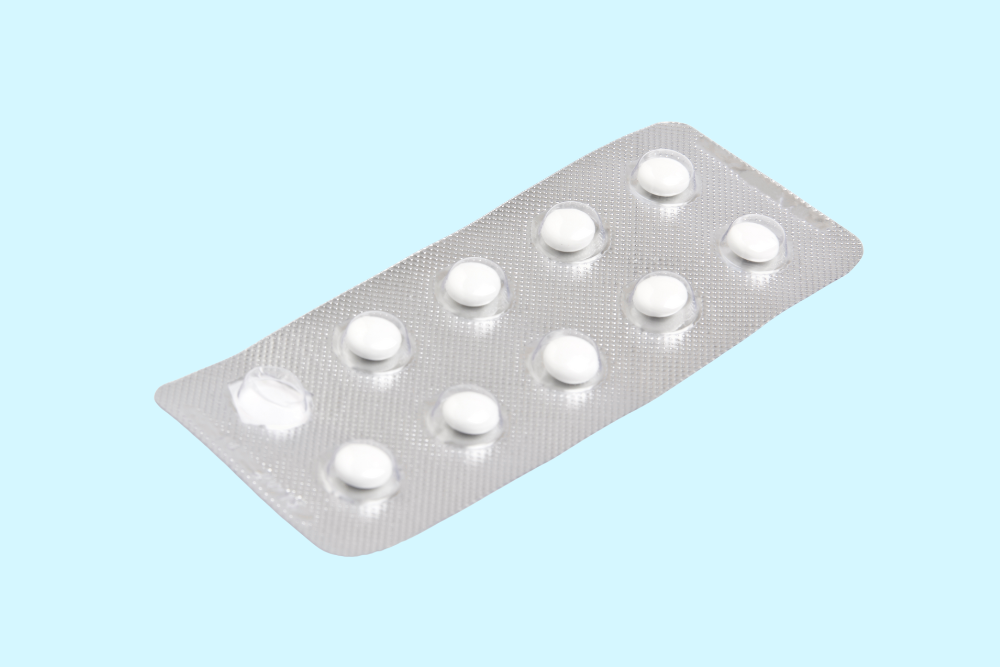
Hay Fever Nasal Sprays: Types and Mechanisms
Nasal sprays are a popular and effective treatment option for hay fever, known for their direct action in alleviating nasal symptoms associated with allergic rhinitis. These sprays offer relief by targeting the nasal passages, often providing quick results. This section explores the different types of nasal sprays available and how they work to combat symptoms.
Types of Nasal Sprays for Hay Fever
Hay fever nasal sprays can be broadly categorised into a few types, each with its specific mechanism of action:
Antihistamine Nasal Sprays: These sprays directly block histamine in the nasal passages, quickly reducing symptoms like sneezing, itching, and a runny nose.
Corticosteroid Nasal Sprays: Often considered the most effective long-term treatment, these sprays reduce inflammation in the nasal passages, alleviating nasal congestion and other symptoms. It’s important to note that they may take a few days to reach their full effect.
Decongestant Nasal Sprays: These are used for quick, short-term relief of nasal congestion. However, they are not recommended for long-term use due to the risk of rebound congestion.
Natural Nasal Sprays: Including saline solutions and nasal irrigation systems, these sprays help clear nasal passages of allergens and provide symptomatic relief.
How Nasal Sprays Work
Nasal sprays target symptoms at their source – the nasal passages. Applying medication directly to the affected area often provides faster relief than systemic treatments like tablets. For instance, corticosteroid nasal sprays reduce the inflammation and swelling in the nasal mucosa, while antihistamine sprays block the action of histamine, a key chemical in the allergic response.
Advantages of Using Nasal Sprays
Targeted Relief: As nasal sprays are applied directly where the symptoms occur, they can provide more targeted and often quicker relief, especially for nasal symptoms.
Reduced Systemic Effects: Since the medication is localised primarily in the nasal passages, there’s generally less risk of systemic side effects compared to oral medications.
Considerations and Precautions
Following Directions: It’s essential to use nasal sprays as directed, in terms of dosage and duration of use.
Potential Side Effects: While often minimal, side effects can include nasal irritation, nosebleeds, or, in the case of decongestant sprays, rebound congestion if used for too long.
Nasal sprays are a vital tool in managing hay fever, especially for those suffering from predominant nasal symptoms like a runny nose and congestion.
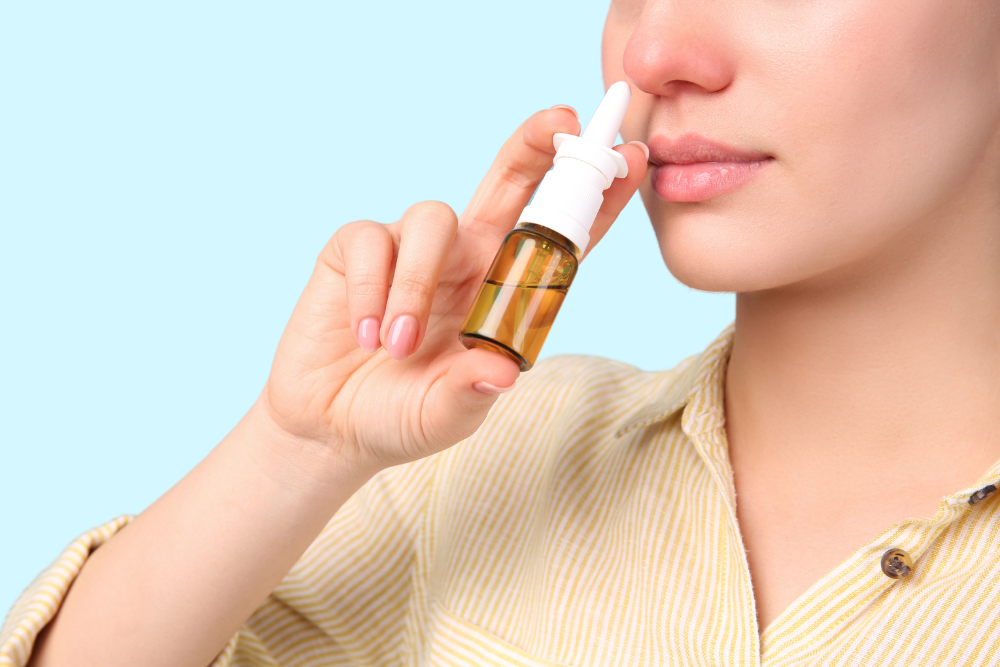
Comparing Effectiveness: Tablets vs. Nasal Sprays
When managing hay fever, the choice between tablets and nasal sprays often comes down to the specific symptoms and personal preferences. This section briefly compares the effectiveness of these two popular treatment options.
Hay Fever Tablets
Broad Symptom Relief: Tablets effectively address a wide range of symptoms, including itchy eyes, sneezing, and runny nose.
Convenience: Easy to take and suitable for people on the go.
Delayed Onset: Some tablets may take longer to start working compared to nasal sprays.
Systemic Effect: They work on the entire body, which is beneficial for severe symptoms but may lead to more systemic side effects.
Hay Fever Nasal Sprays
Targeted Relief: Nasal sprays provide direct relief to nasal symptoms like congestion and a runny nose.
Faster Action: Generally, nasal sprays offer quicker relief for nasal symptoms compared to tablets.
Localised Treatment: Reduced risk of systemic side effects as the medication primarily acts within the nasal passages.
Usage Limitations: Some nasal sprays, particularly decongestant types, are not recommended for long-term use due to potential side effects like rebound congestion.

Finding Your Best Fit: Choosing Between Tablets and Sprays
The choice between hay fever tablets and nasal sprays largely depends on the individual’s specific symptoms and how they experience hay fever. Tablets might be more suitable for those with a wide range of allergy symptoms, while nasal sprays could be the better option for those primarily suffering from nasal congestion and related issues. It’s always recommended to consult a healthcare professional to choose the most appropriate treatment based on personal health needs and the severity of symptoms.
How Do I Get Rid of Hay Fever ASAP?
For quick relief from hay fever, consider a combination of treatments and preventive measures.
Start with antihistamine tablets or non-drowsy tablets for broad-spectrum symptom control. Complement these with a targeted nasal spray to address nasal congestion promptly. Additionally, minimise exposure to allergens by keeping windows closed during high pollen counts, using air conditioning, and showering after being outdoors to remove pollen.
For immediate, albeit temporary, relief, saline nasal sprays or nasal irrigation can help clear nasal passages. For severe symptoms or persistent discomfort, consulting a healthcare professional is always advisable for tailored advice and treatment.

Can You Naturally Get Rid of Hay Fever?
While completely getting rid of hay fever naturally may not be feasible for everyone, several natural methods exist to alleviate its symptoms.
Incorporating lifestyle changes like reducing exposure to known allergens, such as pollen and dust mites, can significantly lessen symptoms. Using a high-efficiency particulate air (HEPA) filter in your home and keeping windows closed during high pollen seasons can also be effective.
Additionally, natural remedies like consuming local honey, which some believe can help build pollen tolerance, and herbal supplements like butterbur or nettle may offer relief. Nasal irrigation with saline solutions can clear nasal passages of allergens. However, it’s important to note that while these methods can provide symptom relief, they are often most effective when used in conjunction with traditional treatments.

